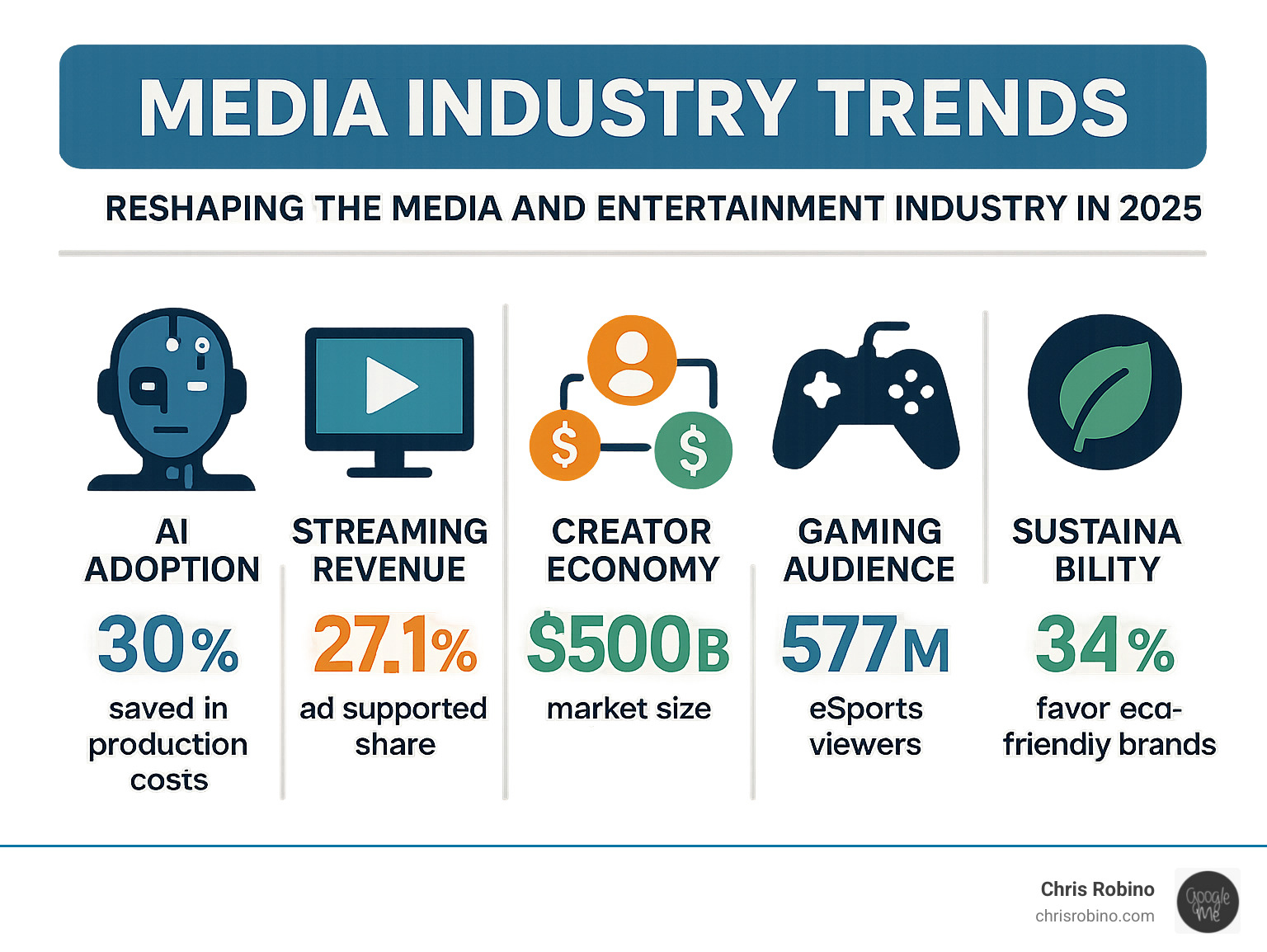Why a Robust Enterprise SEO Strategy is Critical for Business Growth
For large companies, Search engine optimization (SEO) isn’t just a marketing channel; it’s a critical driver of revenue, brand authority, and market share. Enterprise SEO strategies operate on a different plane of complexity, navigating vast websites with millions of pages, coordinating across multiple departments, and integrating with complex legacy systems. The stakes are immense, and a misstep can mean ceding valuable digital shelf space.
Key pillars of a high-performing enterprise SEO program:
- Technical SEO at Scale: Ensuring flawless indexation and crawlability across millions of URLs.
- Scalable Content Creation: Developing high-quality, authoritative content that meets user needs across the entire customer journey.
- Programmatic SEO: Leveraging data to automatically generate thousands of targeted, optimized pages.
- Advanced Data & Analytics: Tying SEO performance directly to business outcomes like revenue and customer lifetime value.
- Organizational Integration: Embedding SEO best practices into the workflows of product, engineering, and content teams.
Enterprise SEO is a long-term investment in building a durable competitive advantage. It moves beyond simple keyword rankings to focus on establishing topical authority, owning entire conversations within an industry, and creating a seamless user experience that search engines reward.
While smaller businesses focus on ranking for a handful of keywords, enterprises must build systems that can dominate thousands of search queries simultaneously. This requires a strategic framework that balances immediate wins with sustainable, long-term growth, ensuring the organization can adapt to constant algorithm changes and evolving user behavior.
As a digital strategy leader with over two decades of experience, I’ve guided large organizations through the complexities of digital change. My expertise lies in building scalable SEO programs, implementing data-driven strategies, and fostering the organizational change required to make SEO a core business function, maximizing digital ROI in highly competitive markets.

Key concepts for enterprise SEO strategies:
Core Pillars of a Winning Enterprise SEO Strategy
Enterprise SEO success hinges on mastering a few core pillars at a scale most organizations find daunting. It’s not about doing more of what works for small businesses; it’s about building sophisticated, automated, and integrated systems. The companies that win in the search results are those that treat SEO as an engineering and product challenge, not just a marketing task.
This requires a deep focus on the foundational elements that allow a site to perform under pressure. From flawless technical execution to content that builds unwavering trust, each component must be designed for scale. Our approach to Digital Change for Media provides frameworks for implementing these complex systems effectively.
Technical SEO at Scale: Mastering the Foundation
For an enterprise website, technical SEO is the foundation upon which all other efforts are built. With millions of pages, even minor issues can have catastrophic effects on performance. Crawl budget management becomes paramount; you must guide search engine bots to your most important pages and prevent them from wasting resources on low-value URLs.
Key technical challenges for large sites include:
- Internationalization: Implementing
hreflangcorrectly across dozens of countries and languages to serve the right content to the right users. - Site Speed: Optimizing Core Web Vitals is non-negotiable, as performance directly impacts user experience and rankings. This often requires deep collaboration with engineering teams to optimize code, images, and server response times.
- JavaScript Rendering: Many enterprise sites rely heavily on JavaScript. Ensuring content is properly rendered and indexed by search engines is a complex but critical task.
- Internal Linking: Manually managing internal links is impossible at scale. Enterprises need automated solutions to create a logical site architecture that distributes authority and helps users and search engines find content.
Automated monitoring and alerting are essential. Instead of finding problems weeks later, leading organizations use tools to detect and flag technical issues like broken links, redirect chains, or indexing errors in real time. Our insights on AI-Driven Business Solutions explore how automation can transform technical SEO monitoring.

Scalable Content Strategy: Building Authority and Trust
Content for an enterprise can’t be an afterthought; it must be a strategic asset. The goal is to build topical authority—becoming the definitive source for a subject area. This is achieved through a pillar-cluster model, where a comprehensive “pillar” page covers a broad topic, linking out to detailed “cluster” pages on related subtopics.
This structure signals expertise to search engines and provides immense value to users. However, creating high-quality content at this scale is a major challenge. Success requires:
- A Content Engine: A repeatable process for research, creation, optimization, and promotion, involving writers, subject matter experts, and SEO specialists.
- Demonstrating E-E-A-T: For every piece of content, showcase Experience, Expertise, Authoritativeness, and Trustworthiness. This includes author bios, citations, and displaying unique data or insights.
- Targeting the Full Funnel: Create content that addresses user needs at every stage, from initial awareness to post-purchase support.
Our work in Content Strategy Consulting focuses on building these scalable content engines that drive measurable business results.
Programmatic SEO: Capturing the Long Tail at Scale
Programmatic SEO is a game-changer for enterprises with large, structured datasets—think e-commerce catalogs, real estate listings, or financial data. It involves using templates to automatically generate thousands or even millions of unique, optimized landing pages based on data from a database.
For example, a travel site could programmatically create a page for every possible flight route between two cities, each targeting a specific long-tail keyword like “flights from JFK to LAX in December.” This allows a company to capture a massive volume of highly specific search queries that would be impossible to target manually.
The key to successful programmatic SEO is quality. It’s not about creating spammy, thin pages. It requires:
- A High-Quality Template: A well-designed page structure that incorporates unique data points to provide real value.
- Clean, Structured Data: The underlying database must be accurate and comprehensive.
- Internal Linking Logic: A system to intelligently link these generated pages to each other and to the rest of the site.
When done right, programmatic SEO is one of the most powerful and scalable strategies for enterprise growth.

Advanced Data Integration: Proving SEO’s Business Value
Enterprise SEO demands a sophisticated approach to measurement. Standard metrics like traffic and rankings are not enough to secure executive buy-in and budget. SEO data must be integrated with core business data to prove its impact on the bottom line.
This means connecting SEO performance to:
- Revenue: Attributing sales and conversions directly to organic search traffic.
- Leads: Tracking the entire lead lifecycle, from initial search to closed deal.
- Market Share: Measuring share of voice for key topics.
This level of analysis requires integrating data from SEO platforms, web analytics, and internal business intelligence (BI) systems into a central data warehouse. From there, custom dashboards can be created for different stakeholders, translating SEO metrics into the language of business. Our expertise in Cloud Solutions for Media helps organizations build the infrastructure needed to support these advanced analytics capabilities.
Strategic Outlook: Future-Proofing Your Enterprise SEO Program
The most effective enterprise SEO strategies are not static; they are living, breathing programs that adapt to a constantly changing digital landscape. Future-proofing your SEO efforts means building a resilient organization that can anticipate shifts in search behavior, accept new technologies, and embed SEO into its very culture.
The goal is to move from a reactive to a proactive stance. Instead of chasing algorithm updates, you build a program so fundamentally sound that it thrives on change. This requires a deep commitment to understanding user intent, delivering exceptional value, and leveraging data to make smarter decisions at every turn.
Our work on Innovation in Media Companies shows that the most successful organizations are those that build adaptable systems. They don’t just implement SEO tactics; they build an SEO-first mindset that permeates every relevant department, from engineering to marketing to legal.
Integrating SEO into Your Organizational DNA
For SEO to succeed at the enterprise level, it cannot exist in a silo. It must become a shared responsibility, integrated into the daily workflows of multiple teams. This cultural shift is often the biggest challenge, but it delivers the greatest rewards.
Key steps to building an SEO-centric culture include:
- Establishing a Center of Excellence: A central team that sets strategy, provides training, and acts as an internal consultancy for other departments.
- Creating Shared KPIs: Aligning the goals of the SEO team with those of product, content, and engineering teams. When everyone is measured on organic traffic growth or SEO-driven revenue, collaboration happens naturally.
- Providing Training and Documentation: Empowering developers to write SEO-friendly code and content creators to optimize their work from the start.
When SEO is part of the initial planning process for a new product or website feature, you avoid costly and time-consuming fixes down the road. It becomes a proactive measure for quality control, not a reactive cleanup task.
| SEO Initiative | Estimated Implementation Effort | Projected Business Impact | Strategic Focus |
|---|---|---|---|
| Programmatic SEO | High | 10x Content Reach | Long-Tail Dominance |
| Content Hub Development | Medium | 3x Topical Authority | Brand Leadership |
| Technical SEO Automation | Medium-High | 90% Reduction in Errors | Risk Mitigation & Scale |
The Future of Enterprise Search: AI and Generative Experiences
The rise of AI and generative search experiences represents the next major frontier for SEO. Search is becoming more conversational and answer-oriented. This shift requires enterprises to adapt their strategies significantly.
To prepare for this future, companies must focus on:
- Building Brand and Authority: In a world of AI-generated answers, users will gravitate toward trusted brands. Strong E-E-A-T signals will become even more critical.
- Owning Niche Expertise: Provide unique data, insights, and perspectives that AI models cannot easily replicate. Become the primary source that AI tools cite.
- Structured Data Mastery: Using schema markup and other forms of structured data to help search engines understand your content and feature it in rich results and AI-driven answers.
AI also presents massive opportunities for optimization. AI integration can be used to automate keyword research, generate content briefs at scale, predict the impact of SEO changes, and detect technical issues before they affect performance. The key is to use AI to augment human expertise, not replace it.
Partnering for Innovation and Sustainable Growth
Navigating the complexity of enterprise SEO alone is a monumental task. The landscape is volatile, the technology is constantly evolving, and the internal challenges of scale and coordination are significant. Strategic partnerships can provide the specialized expertise and external perspective needed to accelerate growth.
At ChrisRobino.com, we serve as a strategic partner for organizations looking to build world-class SEO programs. We help you define your unique position in the market and build the systems needed to win.
Whether you’re looking for Emerging Tech Insights or need answers to specific technical questions via our reasonable tech questions resource, our goal is to help you build a future-proof strategy.
The path forward involves modernizing foundational systems before chasing the latest trends. It requires a deep understanding of how to monetize audience data and prove the value of SEO to the wider business. By embracing these principles and investing in a scalable, integrated SEO program, enterprises can build a durable engine for growth that will deliver results for years to come.

